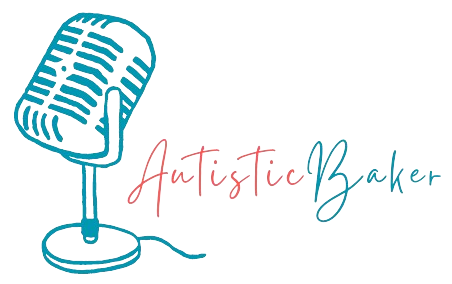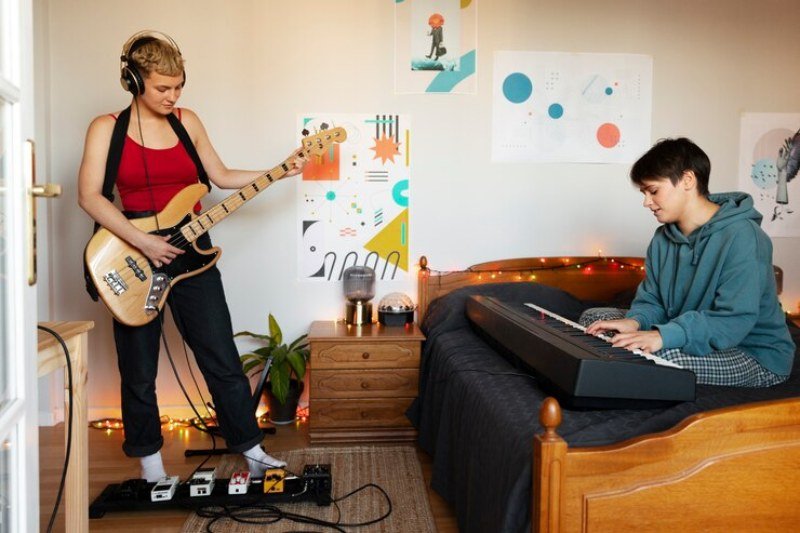Music lessons have long been recognized as an enjoyable and creative way to develop new skills. Still, their impact extends far beyond the ability to play an instrument or read sheet music. They nurture personal growth, build confidence, and enhance social interaction. Through structured learning, collaborative performances, and individual milestones, music lessons provide a platform where people of all ages can personally and socially thrive. We will explore how participating in Norcal Music & Arts Center in Sunnyvale music lessons can transform confidence levels and improve social skills, highlighting the far-reaching benefits of engaging with music.
Building Confidence Through Musical Mastery
Learning an instrument or developing vocal abilities requires dedication, practice, and patience. Each small victory, whether mastering a chord, learning a song, or performing in front of an audience, builds a sense of achievement. This success cultivates self-belief and reinforces a growth mindset, where effort leads to improvement. For children, these lessons help instill a sense of competence from an early age, empowering them to approach other challenges in life with the same determination.
Music lessons also encourage stepping out of comfort zones. Although performing in front of an instructor or audience may initially feel intimidating, repeated exposure builds resilience and reduces fear. This ability to face and overcome anxiety about public performance often extends to other areas of life, such as public speaking or participating in group discussions. Furthermore, personalized feedback from teachers fosters self-awareness and constructive reflection, teaching individuals to focus on progress rather than perfection.
Adults also benefit from this confidence boost. For those who take up music later in life, it can be an avenue to rediscover passions, meet personal goals, and develop a renewed sense of purpose. The skills learned in music lessons often translate into professional and personal spheres, giving individuals the courage to tackle challenges and embrace new opportunities.
Enhancing Social Skills Through Collaboration
Music is inherently social, often requiring collaboration to create harmony, rhythm, and expression. Group lessons, ensemble practices, and performances are excellent opportunities for individuals to interact, communicate, and cooperate with others. These shared experiences help foster connections, improve teamwork, and strengthen relationships.
In a group setting, students learn to listen actively to their instruments and others around them. This fosters empathy as they become more attuned to how their contributions affect the whole. Students also practice clear communication, whether giving feedback, discussing musical interpretations, or synchronizing timing during a performance. These skills are invaluable in social and professional settings where collaboration and effective communication are essential.
Music lessons also create a sense of community. Whether within a school orchestra, a neighborhood choir, or an informal jam session, participants share a common passion and purpose. This environment provides a safe space for individuals to express themselves and build relationships. Children often develop friendships through music lessons, while adults find opportunities to expand their social circles and connect with like-minded people.
Furthermore, performing together in concerts or recitals instills a sense of shared accomplishment. Collaborative performances teach participants to celebrate collective success and appreciate each member’s contributions. This reinforces the importance of teamwork and the value of mutual support.
Music as a Tool for Personal Expression
One of the most profound ways music boosts confidence is through personal expression. Music allows individuals to communicate emotions, ideas, and stories in ways that words often cannot. This creative outlet helps students connect with their feelings and identity, building self-awareness and emotional intelligence.
This self-expression can be particularly empowering for children. Young learners who struggle to articulate themselves verbally often find their voices through music. This can be transformative for shy or introverted children, helping them gain confidence and assert their individuality. Similarly, adults use music to process emotions, relieve stress, and share their perspectives with others.
Expressing oneself through music also nurtures a sense of authenticity. Whether composing original pieces or interpreting existing works, individuals develop a style and voice that reflect their personalities and experiences. This authenticity builds self-assurance and encourages participants to embrace their unique qualities on and off the stage.
Cultivating Discipline and Responsibility
Music lessons also contribute to personal growth by teaching discipline, time management, and responsibility. Learning an instrument or perfecting a vocal technique requires regular practice, often involving a structured routine. Meeting these commitments fosters a strong work ethic and helps individuals learn how to set and achieve goals.
Children, in particular, benefit from these lessons in responsibility. They learn to prioritize practice, manage their time effectively, and take ownership of their progress. These habits often carry over into academic and extracurricular activities, supporting overall development and success.
Adults who take music lessons also benefit from this structured approach. Balancing lessons, practice, and daily responsibilities enhances organizational skills and strengthens the ability to follow through on commitments. This discipline supports musical growth and builds confidence in managing other aspects of life.
Music lessons are powerful for boosting confidence and social skills, offering far-reaching benefits beyond making music. They build self-belief through personal achievements, enhance social interactions through collaboration, and foster self-expression and emotional intelligence. Music lessons create well-rounded individuals equipped to thrive in various aspects of life by instilling discipline, responsibility, and an appreciation for diversity. Engaging in music lessons can be a transformative journey for children or adults, fostering personal growth and meaningful connections. Music’s universal appeal ensures that its lessons resonate deeply, inspiring confidence and enriching lives.



